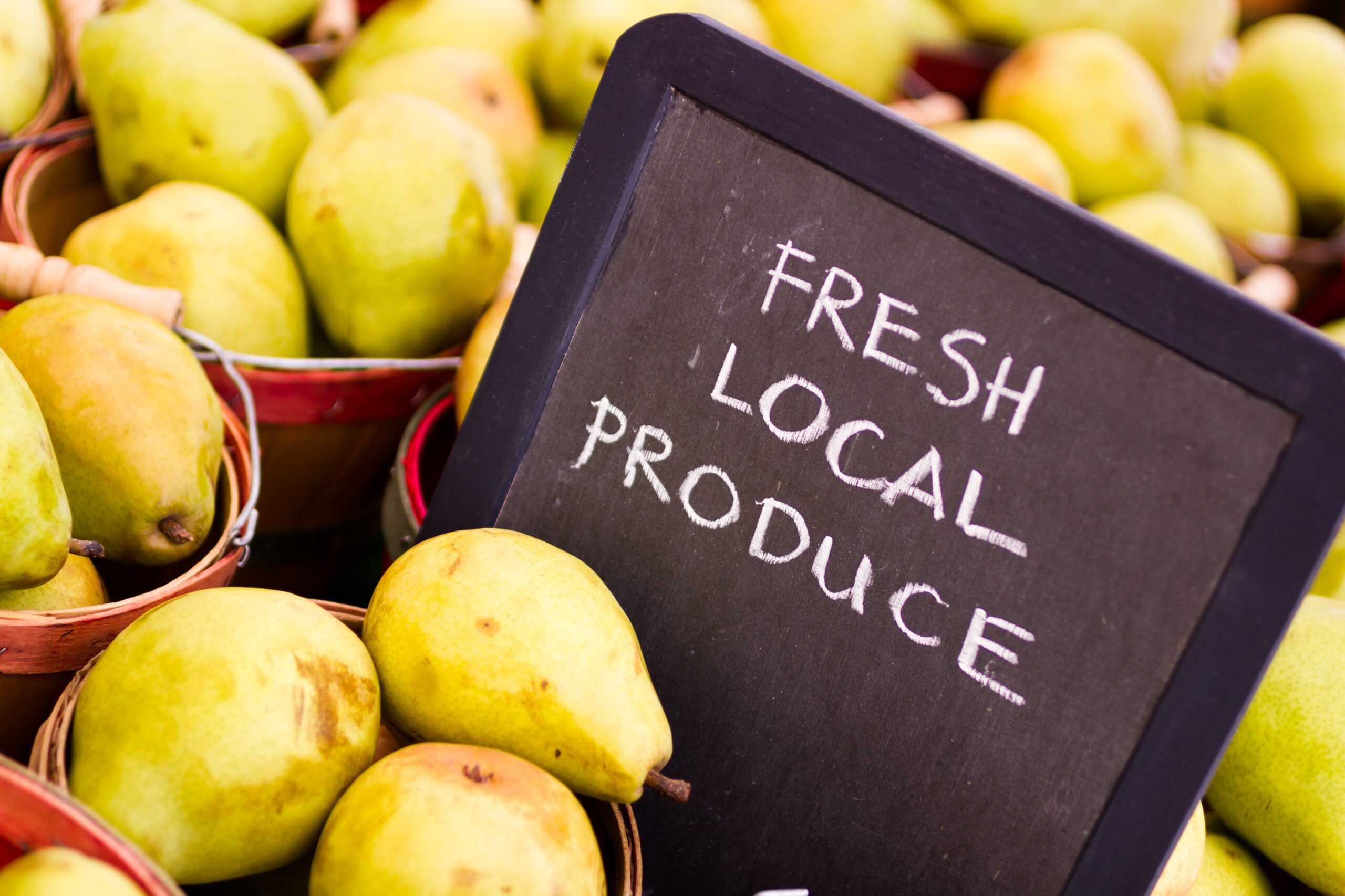Leveraging private sector initiatives and Smart Consumer strategies in mitigating the impact of increasing food price
Rokiah stood in the crowded supermarket aisle, her shopping list in one hand and a calculator in the other.
She carefully scanned the prices of staple foods, calculating the best deals to make her bi-weekly grocery budget stretch further.
With three children at home and a tight household budget, every cent mattered. The prices of basic food items had been steadily climbing, a direct result of global inflation, and it was impacting families like Rokiah’s across the country.
Rokiah isn’t alone in her struggle; countless households are feeling the pressure as inflation pushed daily necessities out of reach for many.
The cost of living is rising, and families have to make tough choices to adjust to the new reality.
Price Pressures
The recent Consumer Price Index (CPI) data from the Department of Economic Planning and Statistics (DEPS), under the Ministry of Finance and Economy reported that the overall inflation rate in Brunei Darussalam has slightly increased by 0.4 per cent in 2023 compared to 3.7 per cent in 2022.
The rising cost of food remains a primary contributor.
Throughout 2023, the weekly price monitoring initiative for key food items revealed a fluctuating trend, particularly affecting root vegetables like shallots, chilies, and ginger.
These fluctuations are attributed to seasonal weather patterns in exporting countries, underscoring the interconnectedness of global food markets.

Despite the relatively modest increase in inflation, families are still feeling the pinch of continued upward trend of food prices. This trend is driven by various factors, including disruptions to global supply chains and unstable weather conditions. Geopolitical tensions and conflicts have further exacerbated these challenges, leading to transportation delays and fluctuations in raw material prices.
As an importing nation, Brunei Darussalam is not immune to the impacts of global inflation. As supply chain disruptions persist and weather-related condition intensify, the cost of essential goods is likely to be affected.
However, it is essential to recognise that by adopting a collective approach, we can effectively mitigate its impact.
Collaborative Solutions
As food price inflation continues to present challenges globally, the private sector emerges as a crucial player in mitigating its impact by fostering resilience to encourage local production and diversity in import sources, thereby stabilising prices and ensuring food security.
Investing In Local Agriculture
Encouraging private investment in local agriculture enhances domestic production capacity, reducing reliance on imports and mitigating the impact of price fluctuations in international markets.
A number of initiatives to increase productivity and improve efficiency, among others, through modern and innovative farming techniques such as aquaponics system and vertical farming; access to credit facilities such as co-matching grant introduced by Darussalam Enterprise (DARe); and expansion of agricultural sites.

Supply Chain Optimisation
Efficient supply chains are pivotal in minimising food price inflation. A number of initiatives are underway such as port infrastructure development, such as the Muara Port expansion and increase of flights with the establishment of new airline to ensure cost and time efficiency.
Diversification of Import Sources
Importers and retailers too, play a pivotal role in mitigating the impact on consumers and the economy by diversifying their sources of imports, reducing reliance on specific regions or countries vulnerable to supply chain disruptions.
Through international partnerships with suppliers from different regions or strategic alliances and fostering trade relationships, businesses can access a variety of food products at competitive prices, cushioning consumers from sudden price hikes.
These measures not only safeguard their own operations but also promote economic stability and consumer welfare in the face of evolving market conditions.
Consumer Education and Awareness
Empowering consumers with knowledge about price range and availability of choices and substitutes availability of essential goods in the market enable better budgeting to mitigate the impact of food price inflation on household budgets.
The private sector can also play a role through corporate social responsibility initiatives, can sponsor educational campaigns and workshops to promote healthy eating habits and prudent spending practices.
As consumers, it is imperative that we take responsibility in securing the best value for our purchases. This entails empowering ourselves with relevant market information, including prices and available substitutes. By conducting price comparisons and making informed decisions before spending, we can maximise value and mitigate the impact of inflation on our finances.

Smart Consumer
Jennifer Han, constantly seeking bargains to manage the rising cost of living, has discovered the PenggunaBijak mobile app and DEPS website as invaluable tools to find the best prices for her daily needs.
She noted, “Even though the price differences might seem minor, they really add up over time. I always do some research on the PenggunaBijak mobile app a day before heading to the supermarkets. By comparing prices of essential goods, I can make informed decisions and find the best deals.”
The government, through DEPS, updates and publishes the prices of selected key food items on the mobile app and DEPS website every week with the aim to empower consumers to make informed purchasing decisions. – JAMES KON






